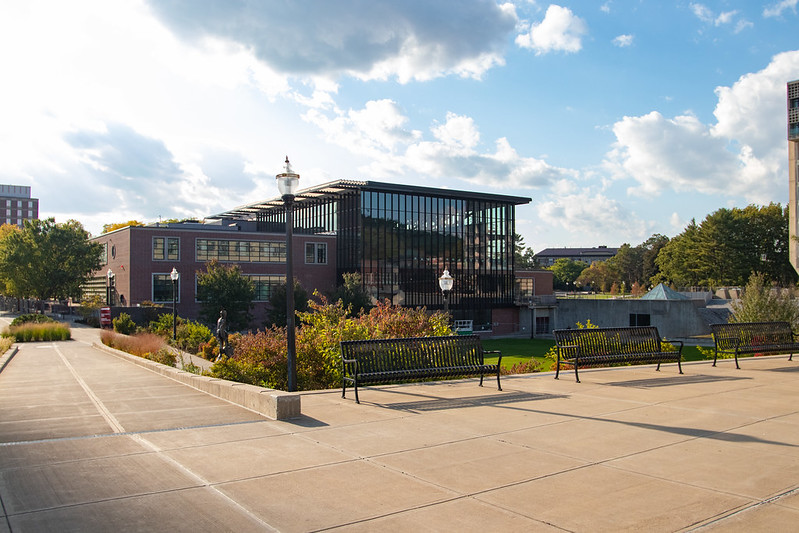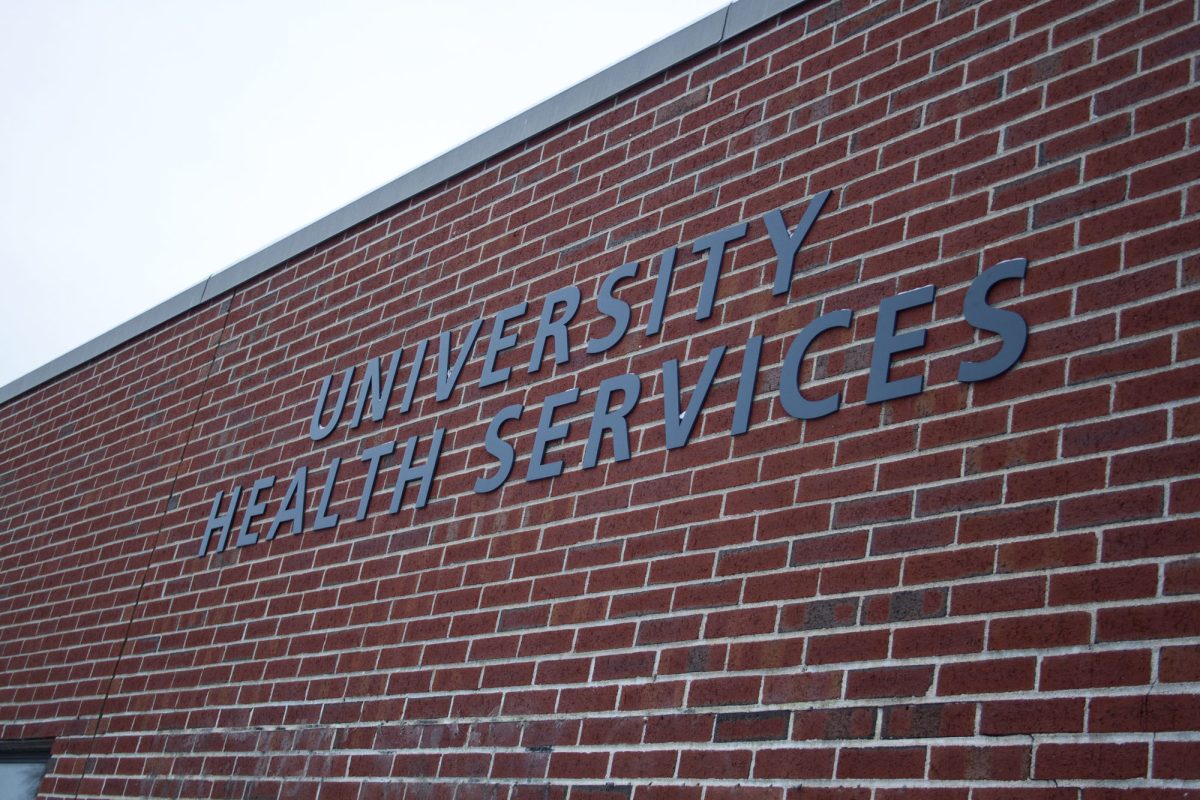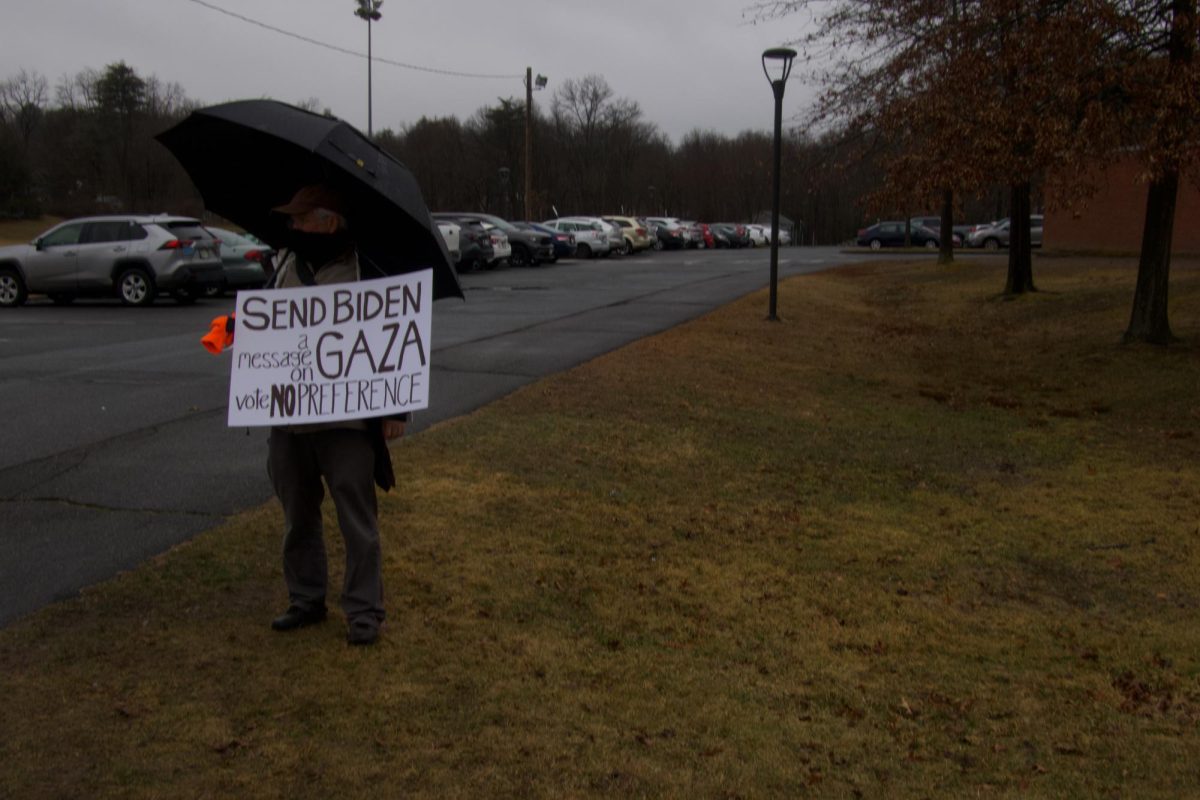
The Department of Health and Human Services announced in a conference call yesterday that one million more young adults received health insurance due to the Affordable Care Act passed by the Obama Administration in early 2010.
Secretary of the United States Department of Health and Human Services, Kathleen Sebelius began the call by introducing the data found in the study and naming some core aspects of the law. She called young adults being able to remain on their parents’ plan until after their 26th birthday a key provision.
The study was conducted by the National Center for Health Services and it found a 3.5 percent increase of health insurance coverage for people between the ages of 19 and 25 during the first three months of 2011.
Sebelius said young adults were almost twice as likely to not have health insurance than older adults. “It really is a great achievement considering more than a year ago young adults were one of the most vulnerable groups in the health insurance market,” she said.
Although the results of the study claim the Affordable Care Act increased coverage for young adults, opposition towards the law exists in Congress. The House voted 245 to 189 in favor of repealing the Health Care Reform Act earlier in the year and some critics call the act “socialistic”.
Sebelius expressed disappointment towards efforts in Congress to repeal the law.
“The Affordable Care Act has put our health system on a track towards a brighter future and we shouldn’t turn back now,” she said.
Also present during the call was Jennifer Mishory, the deputy director of Young Invincibles, who expressed enthusiasm towards the results of the study. She said the ACA “clearly works for my generation.”
Mishory lauded what she thought was the law’s ability to eliminate discrimination towards individuals who have diseases they cannot control. She gave an example of a 22- year-old woman from Texas diagnosed with lupus who was denied insurance in the past. Because of the ACA, she is now able to join her parents’ plan.
Mishory added how she thought the law alleviates the stress of finding health insurance, not only for people with diagnosed diseases but also for young people finding jobs or returning to school.
She spoke on behalf of The Young Invincibles whose goal she said was to ensure that more young people are aware of the benefits of the law. They promote education on the law by having a youth health care week called “friends with benefits week.”
Steven Waslo, a junior at University of Connecticut shared his personal story during the conference call. He spoke about his 21-year-old sister diagnosed with a rare nerve disorder that resulted in her needing $50,000 in injections. He said his sister could remain on their family policy as long as she was in school. But, due to her condition, she was forced to defer enrollment.
“New health care laws protect families like mine.” he said, adding that under the Affordable Care Act, his sister was able to get the proper treatment she needed and was able to return to school.
Richard Kronick, deputy assistant secretary for health policy took questions after the speakers.
The first question asked how much of the change in coverage can be directly attributed to the provision of the health care law. Kronick responded, “We feel quite confident in attributing virtually all of the change to provisions in the Affordable Care Act.”
Phil Galewitz from USA Today inquired about an apparent increase in public insurance as well as private insurance. Kronick responded by acknowledging the increase in public insurance and stating that most of the increase came from private coverage. “there is some sampling error, the increase in public is not significantly different.”
Nancy Pierce can be reached at [email protected].












